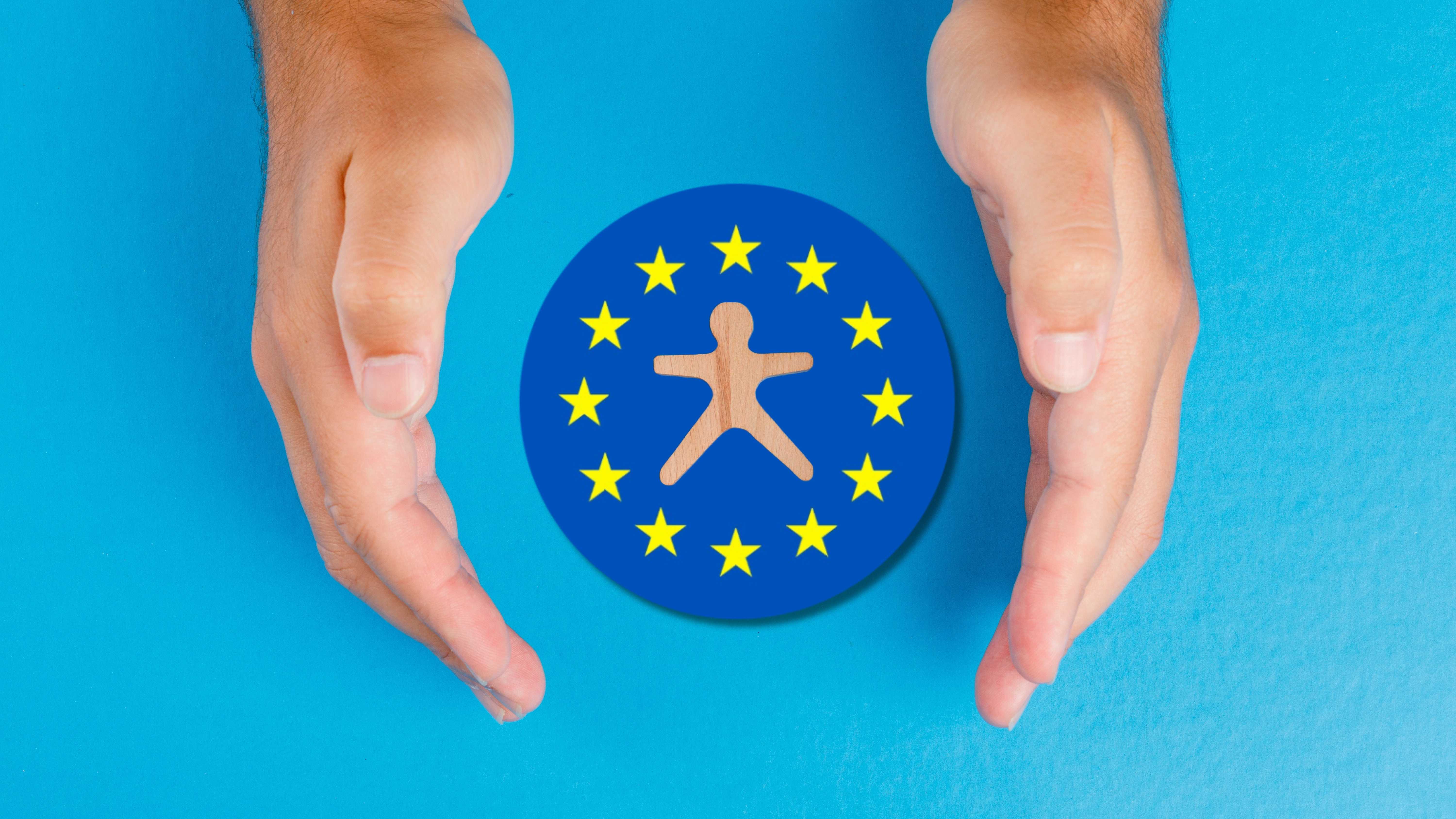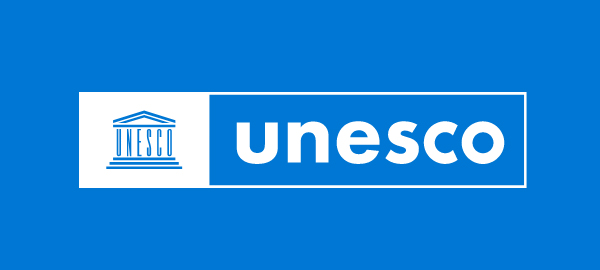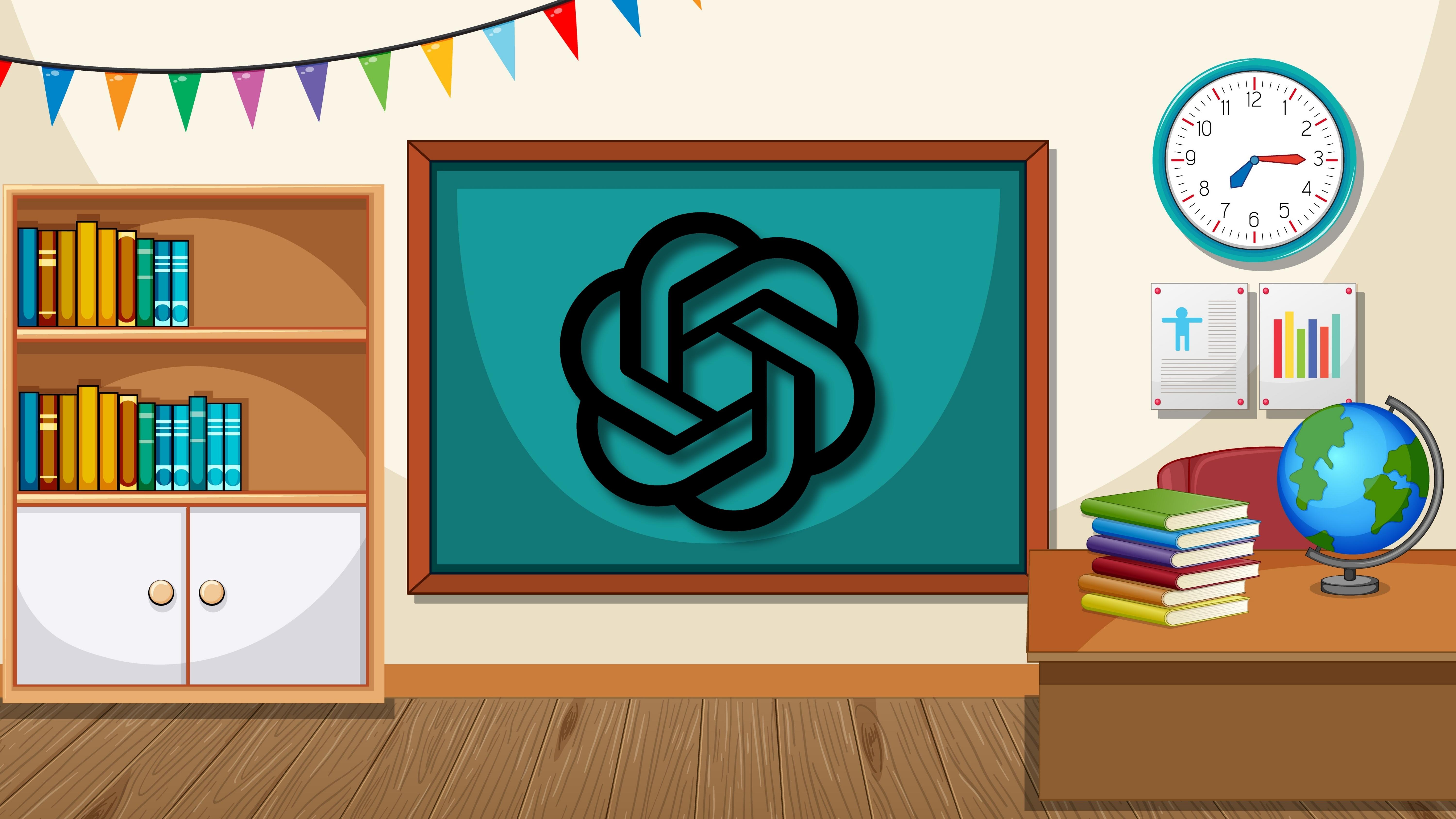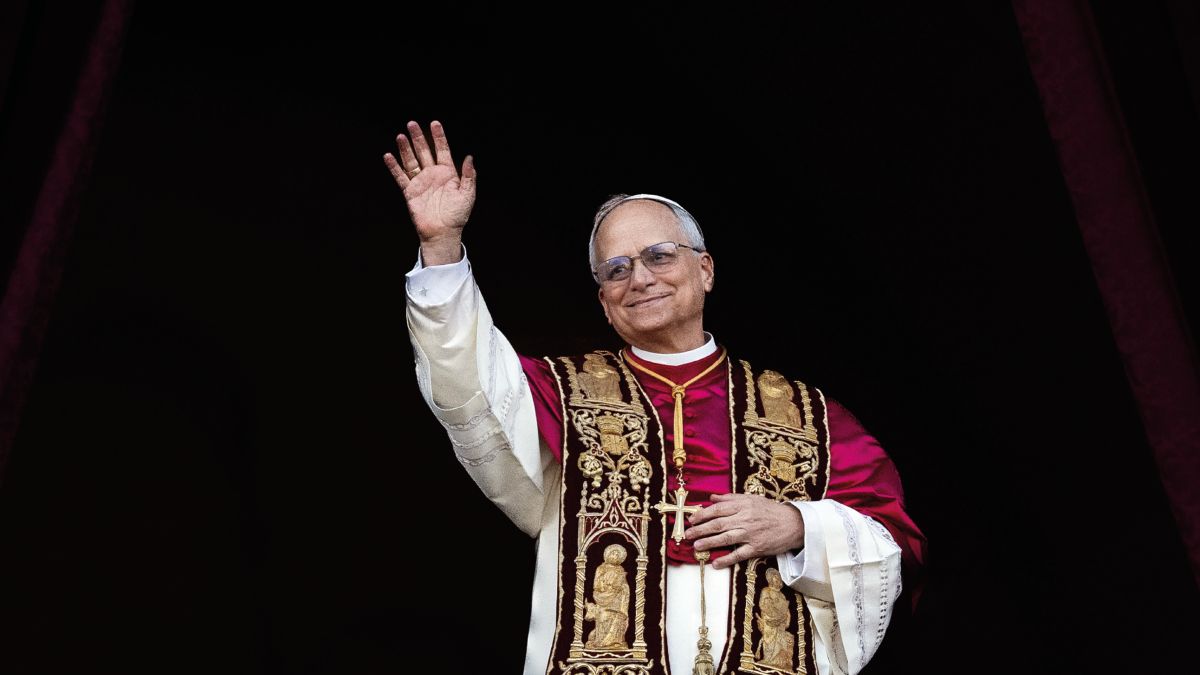Researchers have uncovered why the human brain remains far more adaptable than AI. A new Princeton study finds that the brain repurposes shared cognitive components to manage varied tasks, enabling quick adaptation to new challenges without relearning from scratch.
Experiments with rhesus macaques showed that the prefrontal cortex uses shared ‘cognitive blocks’ that combine and recombine based on the task, such as judging colour or shape. The monkeys completed related categorisation tasks, allowing scientists to observe how neural patterns were reused across activities.
The findings suggest that humans excel at flexible learning because the brain builds new behaviours from existing mental components. By activating only the necessary blocks and quieting others, the prefrontal cortex avoids overload and keeps learning efficient.
Researchers say the insight could help artificial intelligence move beyond its tendency to forget past skills when learning new ones. It may also support clinical advances for conditions where cognitive flexibility is impaired, including schizophrenia and certain brain injuries.
Would you like to learn more about AI, tech and digital diplomacy? If so, ask our Diplo chatbot!










